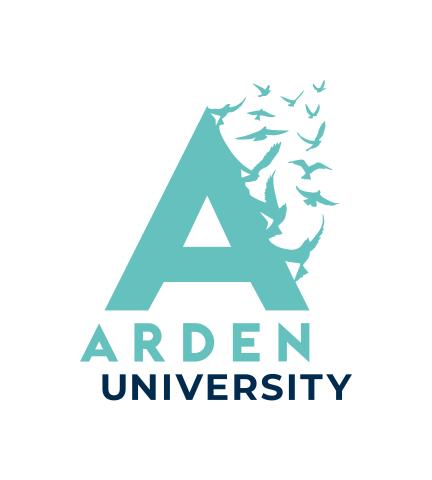
Tips for successful apprenticeships courses
You may also like
Apprenticeship courses serve two different parties: learners who want to advance their careers and businesses that want upskilled staff. Each party has different needs and priorities, so navigating what they both want can be difficult. Committing to both a full-time job and education at the same time can be demanding, so learners need flexibility and support. Businesses worry about the impact on their turnover because of staff downtime when they are studying.
Meeting both learners’ and businesses’ needs is crucial. Higher education institutions play an integral role in closing the skills gap, so making sure apprentices and organisations both win at the end of the course should be a key component.
Put strong processes in place
Communication is vital. At Arden University, our students are confident that if they raise a concern, leaders will take action to deal with it quickly. You need clear communication at all stages to avoid any potential anxiety for both the apprentice and the business.
- How your graduates can beat AI in the job market of tomorrow
- What’s needed for stackable microcredentials towards a degree?
- What support students need to succeed in work placements
To do this, ensuring businesses are aware of the support they can offer their apprentices from the get-go is key and higher education institutions can really help with this. Offering taster sessions, so both the apprentice and the company can get a feel for what the apprenticeship will demand, helps ease both parties in while making sure that they are aware of the process.
We also have processes in place for managing and monitoring the quality of our apprenticeships. We use these processes to identify areas for development and implement interventions to bring about improvements quickly. It will never be a one-size-fits-all approach – businesses will have different concerns and employees will have different lifestyles. Regularly communicating and pinpointing any issues as soon as possible is important.
Building confidence
At Arden University, we also hold regular reviews with the company and apprentice to make sure that our courses, the assignments we set and the topics we discuss are in line with the needs of the business. This helps us tick two boxes: meeting the business agenda of upskilling and preparing the apprentice for their potential job post-graduation.
This way, we can maintain a curriculum that targets gaps in leadership and management skills, both across industry and nationally. As touched on above, employers frequently attend reviews and are active in supporting apprentices’ training. They work with us to provide workplace tasks linked to the curriculum, which may be outside apprentices’ job roles. For example, our Level 6 project management apprentices have shadowed other departments in their workplace, broadening their understanding of their organisation. As a result, apprentices are well supported to develop the knowledge, skills and behaviours that they need to be successful at work.
Considering the future role the apprentice will have is important too. It’s not just about passing a test but making sure that they will feel confident in their new role. To do this, tutors should provide apprentices with detailed developmental feedback on their work so they can act on the feedback they receive and, as a result, make strong progress. Tutors should provide apprentices with detailed developmental feedback on their work, on which they can then act and, as a result, make progress.
Look towards the future
Higher education institutions need to develop their apprentices’ character and confidence. For instance, we manage activities, such as group discussions, so that apprentices feel confident to share their experiences. Because of this, almost all our apprentices achieve distinction grades and take on additional responsibilities or promotions, either during or upon completion of their apprenticeship.
But discussions don’t stop when thinking about their current abilities. Our career coaches routinely discuss career options and potential next steps with apprentices, offering access to a university-wide suite of high-quality additional careers resources. Our apprentices understand the opportunities available to them and their potential next steps to ensure their education is in line with their future career goals.
Steven Hurst is director of corporate learning at Arden University.
If you would like advice and insight from academics and university staff delivered direct to your inbox each week, sign up for the Campus newsletter.
Additional Links
For more resources on this topic, visit our spotlight guide to how to work well with industry.




